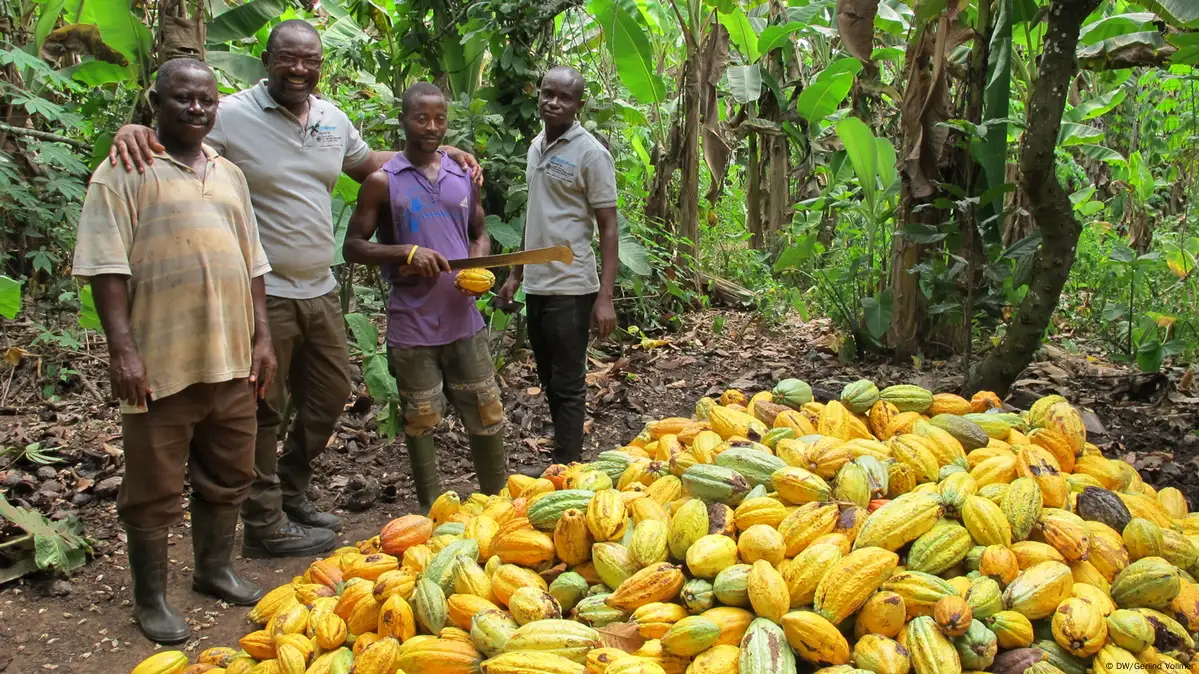In 2021, the international market for fertiliser was more volatile than it has ever been. Whilst the year started at a record low, the market ended the year at a record high. The price at the end of the year was more than 6 times the price of fertiliser at the beginning of the year. The causes of this price increase are mainly related to increases in the raw materials that make up fertiliser: Gas, Di-ammonium Phosphate (DAP), and Potash, as well as huge increases in the cost of shipping and freight. As input prices (especially gas) rose throughout the year, several plants around the world closed down, creating shortages in the global supply chain for fertilisers that pushed the price up still higher.

The prices do not appear to be a short-term blip. Whilst prices are correcting at the moment with some drops to the price of Nitrogen, it seems that the higher prices are here to stay. This leaves farmers wondering: what to do in an era of unprecedented high fertiliser prices?
Whilst it is up to every farmer to make his or her own decisions about what is best for them given their unique market position, we think there are a few general takeaways that will help farmers to get the best out of their more limited farming budgets:
1. Make sure you buy the right seed
Probably the single most important determinant of your yield will be the seed you plant. Make sure you prioritise buying the right seed, aiming for hybrid maize varieties or improved varieties of whatever you are planting. Make sure you buy from an approved agricultural dealer who is giving you quality product and make sure to check the germination rate.
2. Treat your seed with inoculant
You should treat your seed with inoculants. Inoculants like Eco-T for maize and Rizoliq for Soy are very cheap ways to ensure your seed has the best chances in life. In modern agriculture treating seeds is simply a must and it is the cheapest way to maximise your yield because it only costs approximately 50 Ghana Cedis per hectare.
Get soil inoculants by calling +233 24 529 7047 or emailing Info@demeterafrica.com.
3. Test your soil to understand what fertilisers are required
You can get your soil tested at Demeter Ghana for an affordable price. There is no point spending money on fertilisers unless it is required by your soil.
Click here to learn more about our soil testing services or call +233 24 529 7047
4. Make sure you condition your soil
Make sure your soil is neutralised with Calciprill® or CalciPOWER®. If your soil is acidic then there is no point spending money on fertilisers because they will not be effective:

5. Buy a Fertiliser Blend that is right for your soil
Try to understand what is best for your soil so you are not spending money on nutrients that are wasted. It may be that your soil is lacking only one element, or money spent on fertiliser is wasted because you haven’t neutralised it. As above, if you buy fertiliser but you don’t neutralise your soil, 77% of your budget is wasted.
For example, often cashew yield is limited due to a deficiency of Calcium. Farmers can try to correct this by applying more NPK, but it won’t solve the problem until the Calcium deficiency is corrected. Any money spent on NPK will just be wasted. Try to take the time to understand your soil to get the best return on investment for your fertiliser regime.
You can get your soil tested at an affordable price by contacting our soil testing hotline at +233 24 529 7047 or emailing Info@demeterafrica.com.
6. Nitrogen, Nitrogen, Nitrogen
If you are unable to test your soil, then in an era of high prices you should always remember that the most important nutrient for crop growth is Nitrogen. For almost every single commodity crop including maize, soy, rice, cassava, vegetables, cashew, cocoa, oil palm, rubber, the major macronutrient required by the crop is nitrogen. It is much more important in the short term than P and K. So if your budgets are hard pressed to afford the usual blends you would have purchased, prioritise high Nitrogen NPK products, or just focus on straight Nitrogen fertiliser like SOA or Urea or our unique 25-1-1 blend.
Find out more about high Nitrogen products by calling +233 24 529 7047 or emailing Info@demeterafrica.com.
7. Use organic matter from your farm to boost your soil health
Focus on your soil health as much as you can and start to incorporate other organic matter into your soil to build soil health, as well as focusing on conventional fertilisers. This means incorporating crop residue from last year’s plantings as well as incorporating manure or green waste.
8. Be careful what you are buying
Make sure you check the product you are purchasing carefully to ensure that the products are from reputable suppliers and are known to be effective. Remember that when prices are high, if it seems too good to be true, it probably is!
9. Make sure you sell for the right price
With cost of inputs increasing, make sure you pass some of the price increases in inputs onto your customers by asking for a higher price on your agricultural produce this year.
Following these tips will help you to still maximise your profit even though the prices of inputs and especially fertilizers have gone so high in the past year.

.jpeg)



